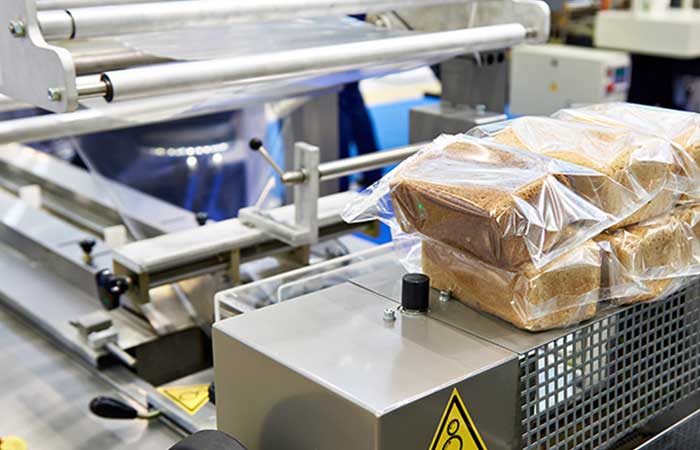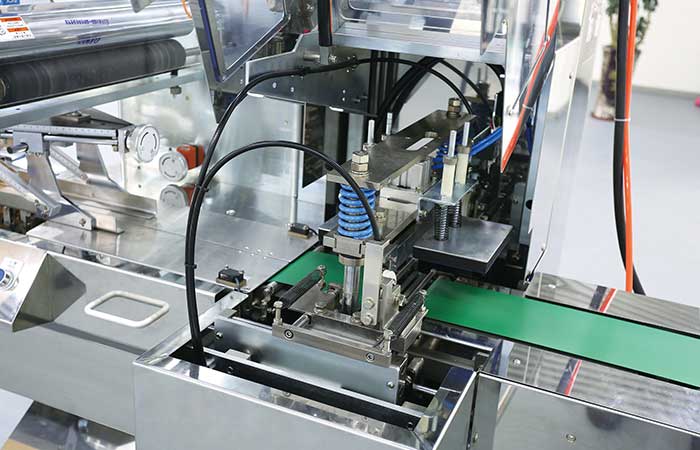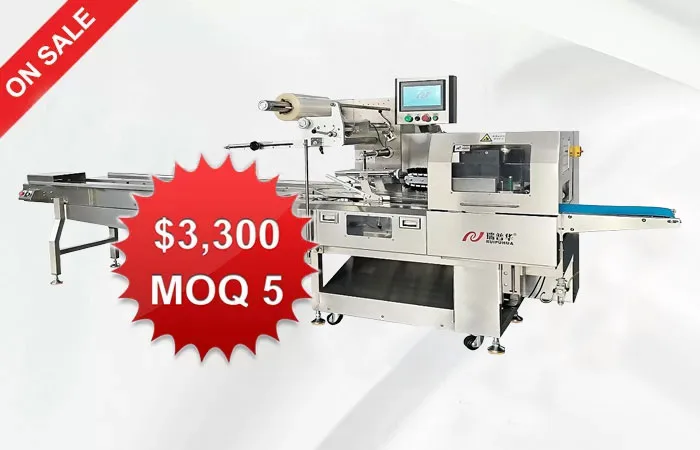Revolutionizing Food Industry: The Automated Food Packing Line
The Benefits of Automated Food Packing Lines
In the rapidly evolving food industry, efficiency and speed are key to success. This has led to the widespread adoption of automated food packing lines, revolutionizing the way food products are processed and packaged. These state-of-the-art systems offer numerous advantages over traditional manual packing methods, making them a popular choice for food manufacturers around the world.
Increased Efficiency
One of the primary benefits of automated food packing lines is the significant increase in efficiency they provide. These systems are capable of handling large volumes of products at a much faster rate than human workers, reducing the time and labor required for packaging. This not only speeds up the production process but also results in cost savings for manufacturers.
Improved Quality Control
Automated food packing lines come equipped with advanced technology that ensures greater precision and consistency in packaging. From accurate portion control to proper seal integrity, these systems help maintain the quality and freshness of food products, reducing the risk of contamination or spoilage.
Enhanced Safety
By minimizing human intervention in the packaging process, automated food packing lines contribute to a safer working environment. With features like sensors and safety interlocks, these systems help prevent accidents and injuries, ensuring the well-being of workers while maintaining compliance with industry regulations.
Flexibility and Versatility
Modern automated food packing lines are designed to be highly flexible and adaptable to a wide range of food products. Whether packaging dry goods, liquids, or frozen items, these systems can be easily reconfigured to accommodate different sizes, shapes, and packaging materials, providing manufacturers with the versatility they need to meet changing market demands.
Cost-Effectiveness
While the initial investment in automated food packing lines may be substantial, their long-term cost-effectiveness more than justifies the expense. By streamlining production processes, reducing waste, and improving overall efficiency, these systems help companies save money in the long run, leading to increased profitability and competitiveness in the market.
Sustainability
As the food industry continues to prioritize sustainability and environmental responsibility, automated food packing lines have emerged as a greener alternative to traditional packaging methods. By optimizing resource utilization, minimizing packaging waste, and supporting recycling initiatives, these systems help reduce the carbon footprint of food manufacturing operations.
Future Trends
Looking ahead, the future of automated food packing lines is poised for further innovation and advancement. With ongoing developments in robotics, AI, and IoT technology, these systems will continue to evolve, offering even greater efficiency, precision, and customization capabilities to food manufacturers worldwide.
As the demand for convenient, high-quality packaged foods continues to grow, automated food packing lines will play an increasingly vital role in meeting the needs of consumers and driving the success of the food industry.
-
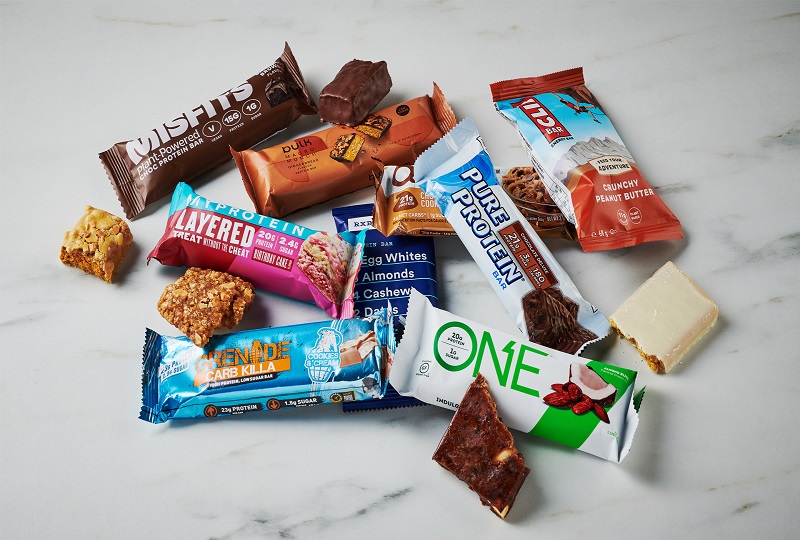 01
01Further Discussion About Protein Bar Packing Machinery
27-02-2024 -
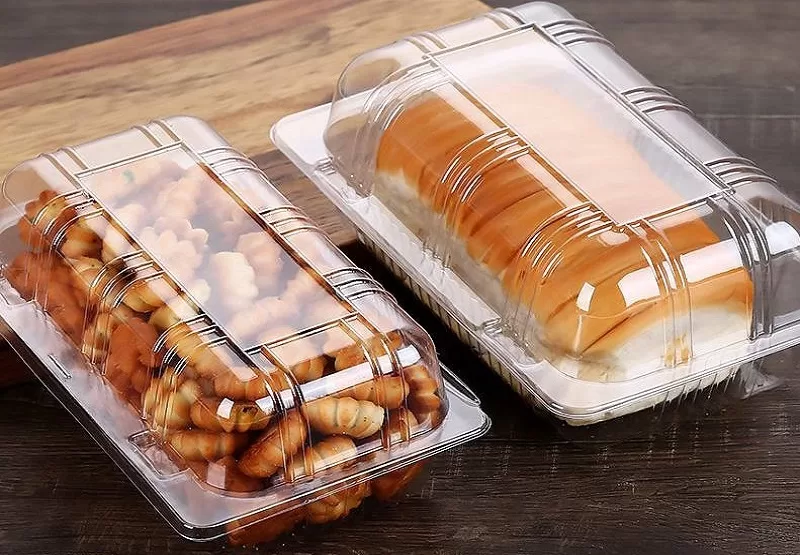 02
02Sustain The Best Crispy With Automatic Packaging Machines
29-01-2024 -
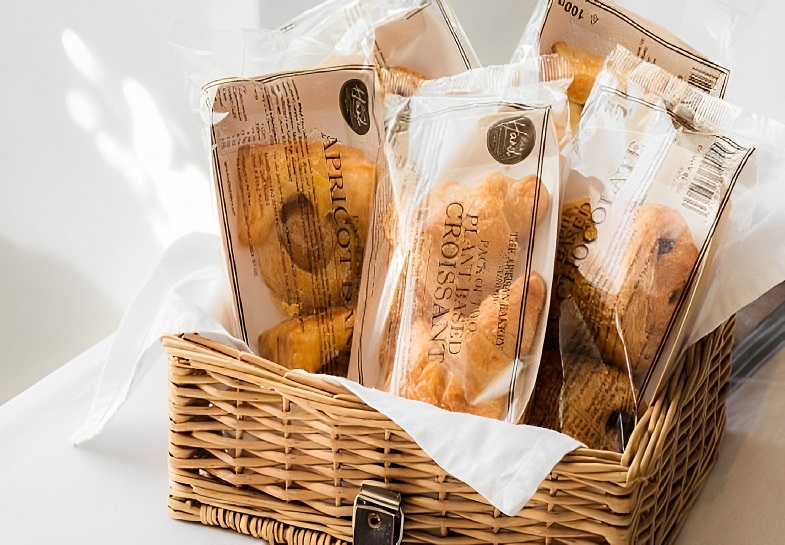 03
03Bread Packing Machine For Bakery Business
19-01-2024 -
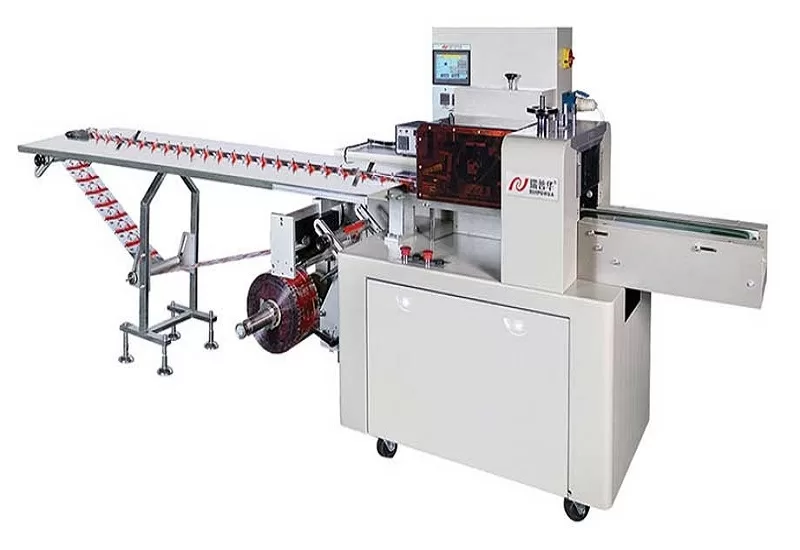 04
04How Flow Wrappers Are Adapting to Changing Trends
01-11-2023 -
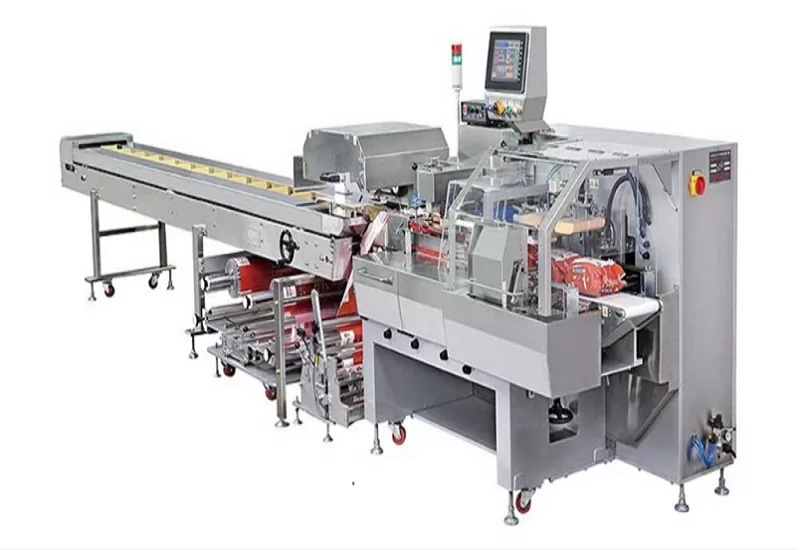 05
05The Comprehensive Guide to Packaging Machinery
31-10-2023 -
 06
06Automatic Cookie Packaging System Performance
01-09-2023 -
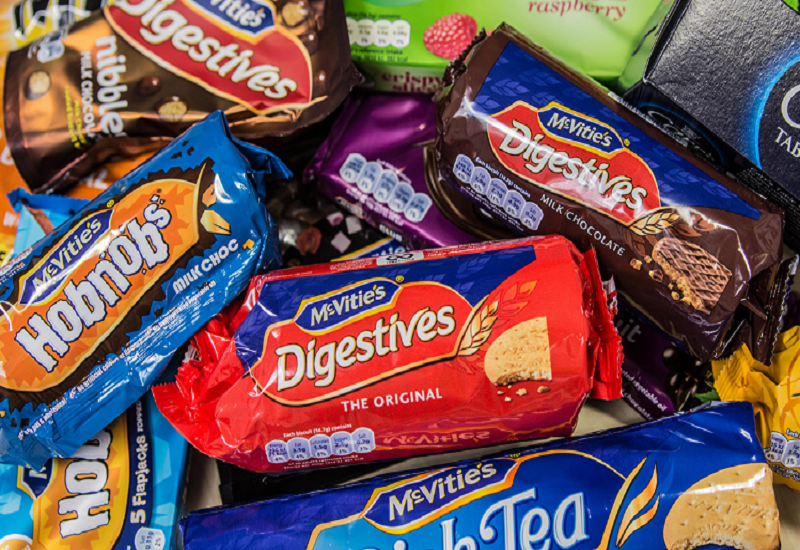 07
07Streamlining Biscuit Packaging with Multipack Biscuit Packaging Machines
25-08-2023 -
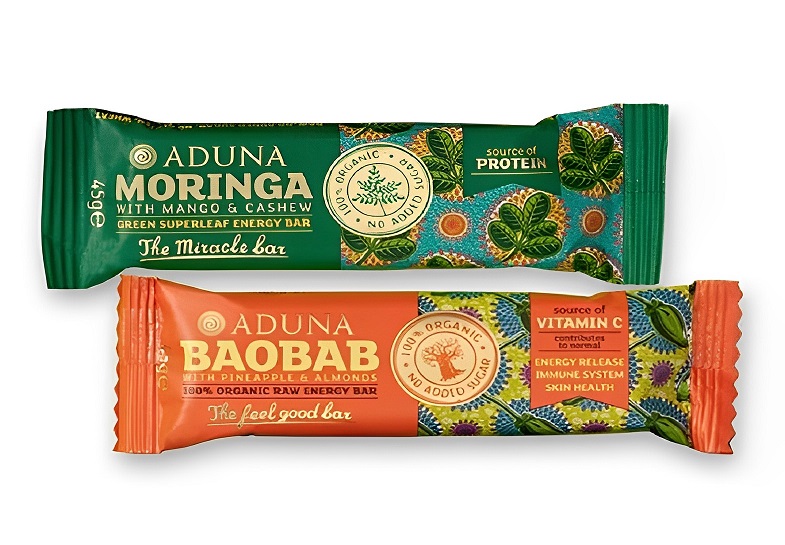 08
08From Assembly To Shipping: The Energy Bar Packaging Machine Does All
28-02-2023 -
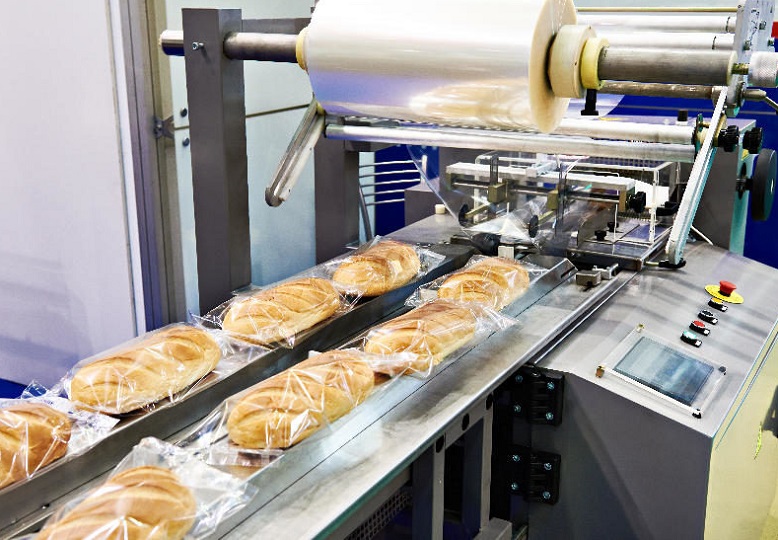 09
09Maximizing Efficiency With Food Packaging Machine Technology
22-02-2023 -
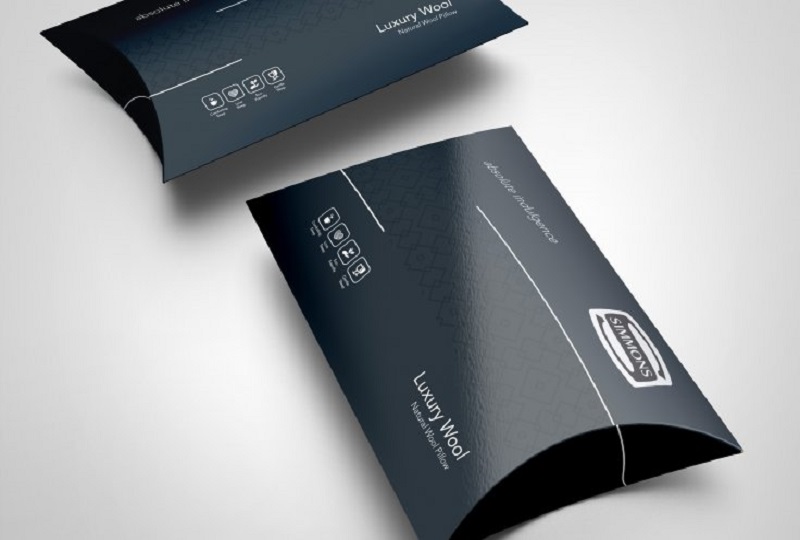 10
10Clients Hunt For Professional And Functional Packaging Machine
10-11-2022



